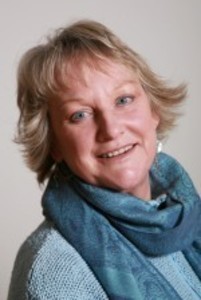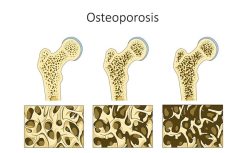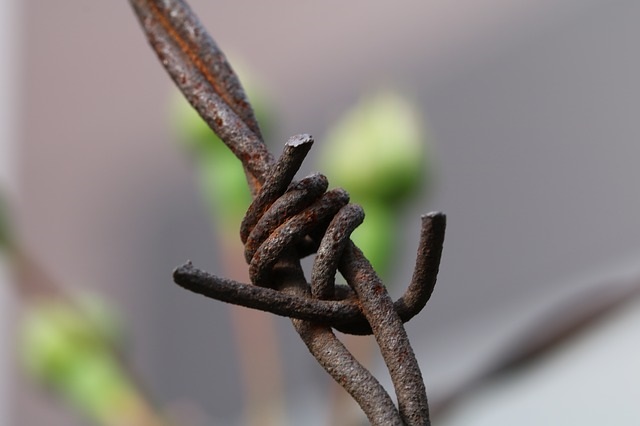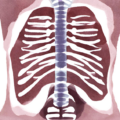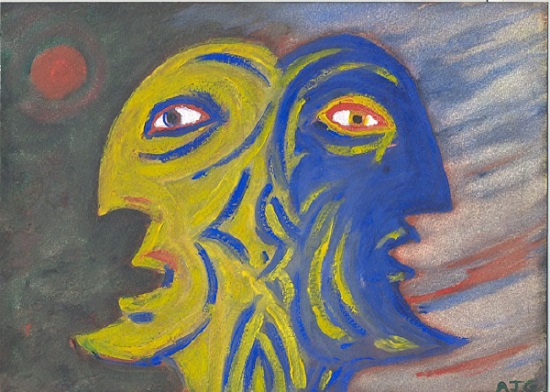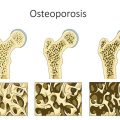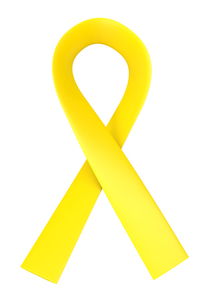My name is Judith Barrow and I am an author. I have been connected with DES Action UK and USA since I heard a programme about Stilboestrol (Diethylstilbestrol in the USA) (DES) on the radio many years ago. I learned several years ago that a relative was affected by this drug.
The damage DES causes is very personal and as private person, she didn’t want anyone to know that she had been exposed to DES. So I became her front person. I did the research for her. I contacted the DES organizations on her behalf. What I found changed my life and led me to write a book. Here is my story.
DES and Endometriosis
I’d known for many years that my relative suffered with chronic endometriosis, and that she had anatomical deformities. Ultimately, it was discovered that she had a narrowing of the cervical canal which resulted in increasingly painful menstruation. Then I heard a Radio Four programme called ‘You and Yours’ which included an article on DES. I realized that a lot of the content applied to my relative.
I made the inquires for her. First to DES Action UK, which was still extant then (they folded last year due to lack of funds and support). I sent for their newsletter and went online. The more we read, the more we were convinced that she had been exposed in utero to Stilboestrol. Like many private families, her mother initially denied it. This caused family problems, so she didn’t pursue the issue any further.
The information she gained from the DES groups made her aware that she needed to have the annual cervical smear (the only specialists for this test for DES Daughters is in Ireland). The more research I carried out, the more aware I became of the damages DES had caused.
After a year of communicating with DES Action UK, I was asked to write an article appealing for DES Daughters and Mothers to come forward and tell their stories. It was hoped that the group would get more members and that, if more voices were heard, then perhaps the British Government would listen.
The stance of the Government is twofold; that those pregnant women who were prescribed the drug were given it so far in the past that to raise it as an issue now would only cause ”unnecessary concern.” They believed it was a problem to be discussed privately between the mothers and the drug companies. I disagreed.
Following the article, many women contacted me to tell their stories. Some were heartbreaking; one daughter had six miscarriages before giving up the struggle to conceive (she then, happily, adopted a lovely little girl). Another Daughter had too many health problems to list but amongst them she suffered from endometriosis, uterine fibroids, paraovarian cysts. It was no wonder she was depressed. Her mother wrote many letters to the Government. Ultimately the reply came back – “Thank you for your letter, future correspondence will be noted and filed but not responded to…” The mother cried when she told me. I was so angry for her.
But the DES Daughter story; the one I first came across when I knew of Stilboestrol and DES Action UK, that really affected me was from one of the initial members. I enclose part of the interview, and further comment, from the article in The Sunday Independent: Sunday 22 January 2012 (this decided me to self-publish the book; it gave credence and veracity to the story. It reads as follows:
Thousands of women could be at risk from ‘silent Thalidomide’
A drug intended to prevent miscarriage is blamed for causing cancer in the daughters – and possibly even granddaughters – of women who took it decades ago. By Sarah Morrison and Jaymi McCann
The first recorded “DES daughter” in Britain, Heather Justice, 59, from Jarrow, was 25 when she found out she had vaginal cancer and would have to undergo a hysterectomy and partial vaginectomy. Although she found records showing her mother had been given DES in the 1950’s, she was unable to bring a case to court – (in the UK, because she could not identify which manufacturer had produced the drug. However, a US lawyer did help her get some compensation there.
Also, she says –“it is impossible for anyone to find the manufacturer of the drug in this country, not just me, as it was never patented. It was the surgeon who performed my hysterectomy who asked my mother if she knew what she had taken. He knew it must have been DES because of the rare type of cancer I had. He was also the one who found her medical records with the generic name of the drug”:- added after this interview)
After years of fighting the legal system, she says she feels disillusioned. “One of the problems is that unlike Thalidomide, where you see the problem the minute the baby was born, women who took DES had healthy babies,” she says. “Problems were hidden until the teens and twenties, by which point we were forgotten about. When I asked my mum what she had taken, she didn’t even remember the name of the stuff. It is a complete and utter minefield.”…
It took almost nine years to research, to contact women from different countries and piece together a story. Although I am not a DES Daughter – and like many others in the UK still are – I was totally unaware of this drug, until that one radio show on DES. The more I discovered the angrier I became. That these women are still fighting for recognition, acknowledgement from the pharmaceutical companies after so long is a disgrace.
What is DES?
DES, a synthetic oestrogen, was created by Charles Dodds in the UK in 1938. It was expected to help prevent miscarriages. Years later, he raised concerns about DES but by then very few in the medical field were listening. Doctors prescribed Stilboestrol to pregnant women between the nineteen forties and seventies, believing it was safe. The women had no reason to doubt but, too late, they learned the horrible truth. Not only was DES ultimately proved to be ineffectual, it caused drastic damage to their children: An increased risk for infertility, vaginal/cervical cancer in young women and breast cancer in later life are but the start. Scientific studies continue add to the growing list of serious medical problems caused by exposure before birth. Hormones Matter has covered DES here, here and here.
Now researchers are investigating whether DES health issues are extending into the next generation, the so-called DES Grandchildren. Millions around the world were exposed to DES, but this tragedy flies under the radar of general consciousness. I set out to change that. These women and men should not suffer in silence.
From that initial contact with DES UK, my life changed drastically. I have become an advocate for DES education, research and services. I wrote a book to publicize the depth of suffering women, their children and grandchildren exposed to DES experience, often silently. Ten percent of proceeds from the book sales go directly to DES research. I hope that my work will in some small way help change that.
To learn more about my book click: Silent Trauma.
To learn more about DES action groups: DES Action Groups Worldwide
